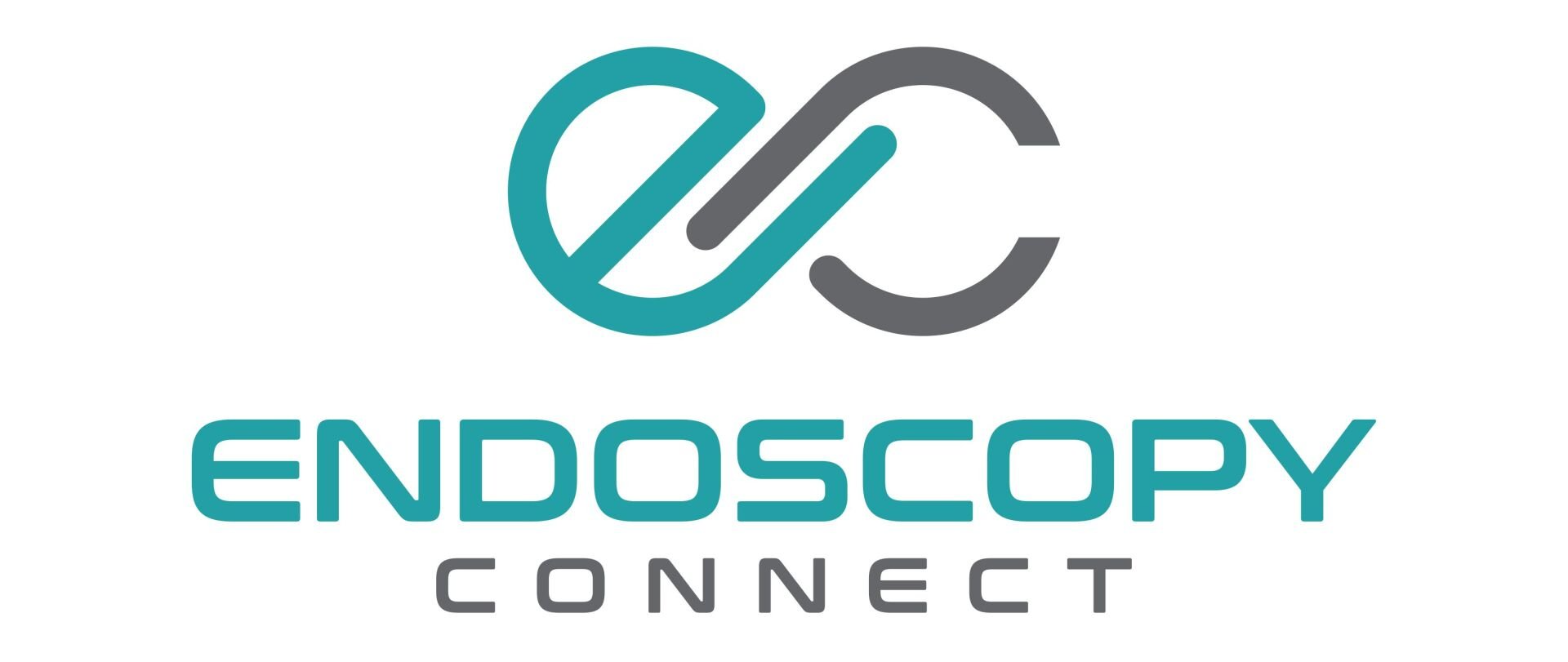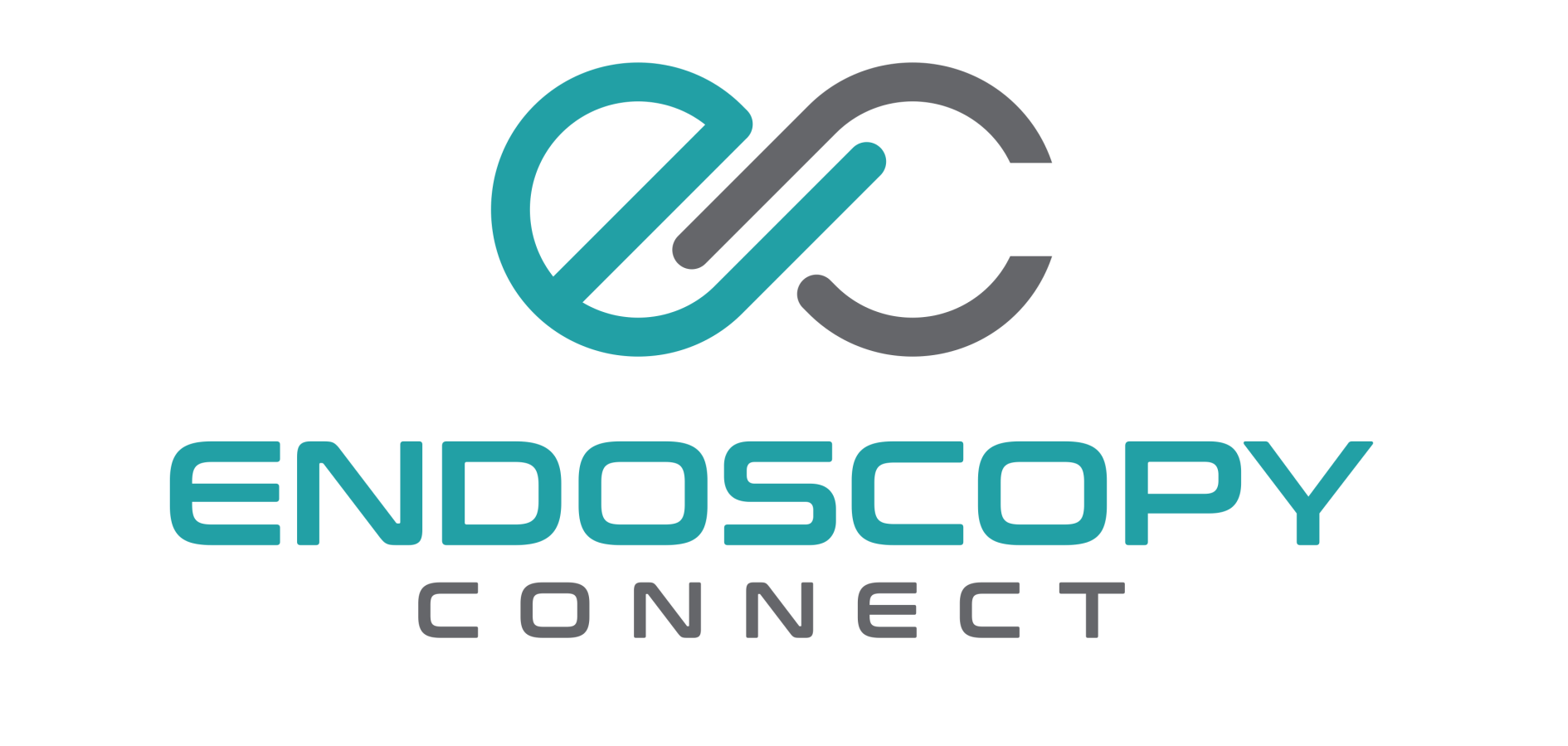1. You will require a REFERRAL FORM from your GP
2. You will need to complete the online PATIENT INFORMATION FORM and submit it to us before we can book your procedure.
On your PATIENT INFORMATION FORM it is important that you identify all medications (prescription and non-prescription), vitamins, minerals and herbal supplements you are currently taking. In some cases you may be required to stop taking certain medications or adjust your usual dose. This is particularly important if you:
- Have diabetes
- Take blood thinning medications, such as Aspirin, Clopidogrel, Pradaxa or Warfarin, or
- Take iron tablets
Also important is listing any major surgery, and / or medical conditions such as heart or lung disease you may have.
3.The Liaison Nurse will call you to discuss:
- Any information that needs to be clarified
- Outline the next steps in your preparation
- Booking details for your procedure
4. You will be required to Fast before the procedure:
You will need to stop drinking and eating for six hours before your gastroscopy to ensure your stomach is completely empty for the procedure (nothing to eat, drink or chew).
5. You will receive a light anaesthetic to relax you and make you more comfortable during the procedure. Although you may feel mentally alert, your memory, reaction times and judgment may be impaired.
So you will need a friend or relative to drive you home and stay with you after your procedure.

